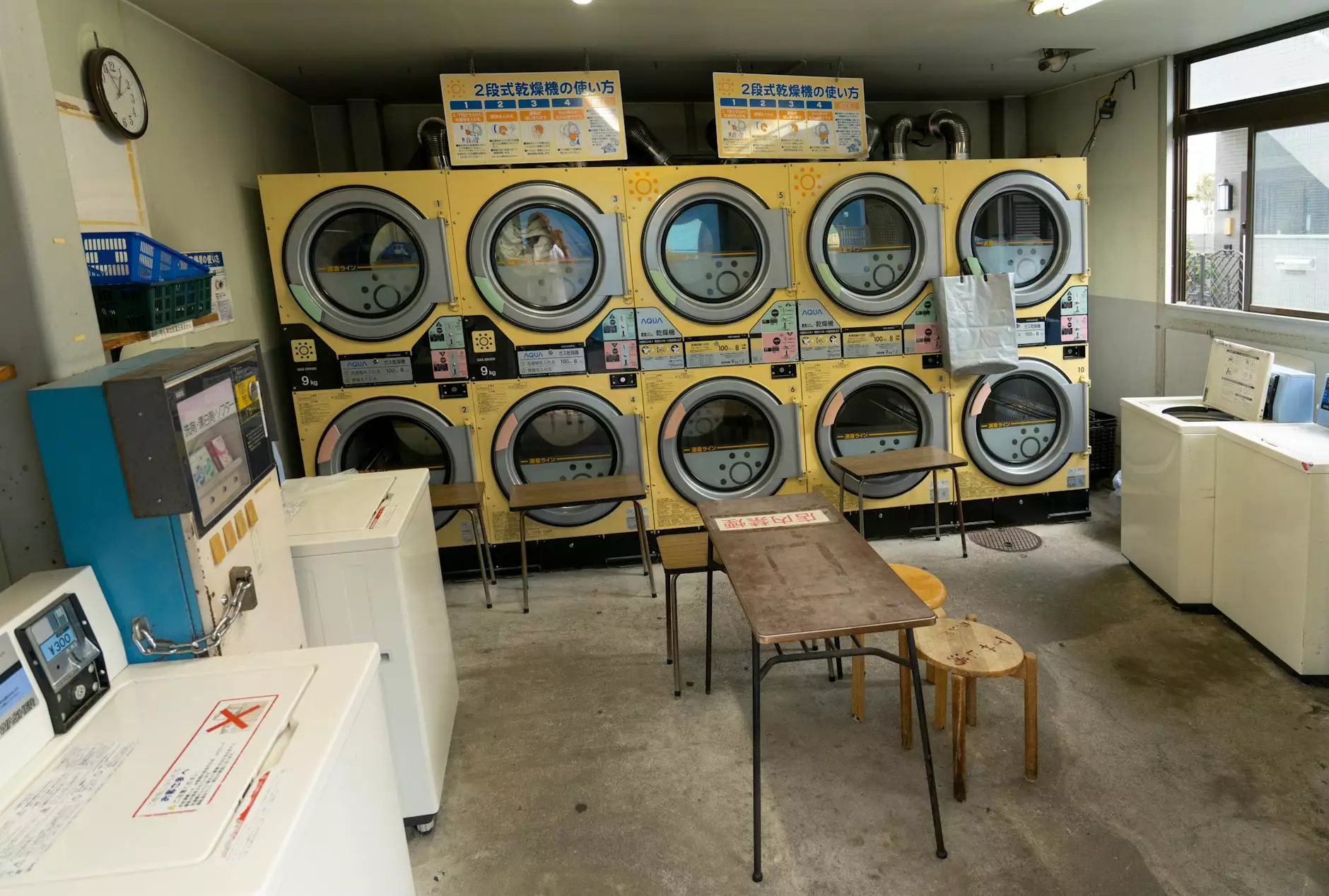Understanding the Role of a Sound Engineer for Video Games

The world of video games is a rich tapestry of art, storytelling, and innovation. However, one essential thread that often goes unnoticed is the work of the sound engineer for video games. This role is crucial in creating immersive experiences that captivate players and draw them deeper into the game world. This article will explore the various aspects of sound engineering in the gaming industry, including the skills required, the processes involved, and the technology used in sound design.
The Importance of Sound in Video Games
Sound is one of the most powerful tools in a game designer's toolkit. From the subtle chirping of birds to the epic orchestral scores during battle scenes, sound significantly enhances the emotional and psychological impact of a game. Here are some key reasons why sound is vital in gaming:
- Immersion: High-quality sound creates a believable environment, making players feel like they are a part of the world.
- Emotional Response: Sound can evoke emotions, influencing how players feel during key moments in the game.
- Gameplay Feedback: Sound cues provide players with essential feedback, such as the sound of a weapon reloading or an enemy approaching.
- World-Building: Unique soundscapes contribute to the overall narrative, enhancing the lore and atmosphere of the game.
The Skill Set of a Sound Engineer for Video Games
Sound engineers in the gaming industry must possess a diverse range of skills to effectively produce and implement audio. Here are some essential skills that a sound engineer for video games should develop:
1. Technical Proficiency
Being well-versed in audio hardware and software tools is a must. Familiarity with Digital Audio Workstations (DAWs) like Pro Tools, Logic Pro, or Ableton Live is crucial. Additionally, knowledge of sound design software such as FMOD or Wwise is beneficial, as these tools help integrate sound into the gaming engine.
2. Creative Sound Design
Creativity is at the heart of sound engineering. Engineers should have a keen ear for sound and the ability to create unique audio landscapes that match the game’s visuals and narrative. This can involve recording natural sounds, synthesizing new sounds, or manipulating existing audio to fit the game’s theme.
3. Collaboration and Communication
Sound engineers often work closely with game designers, artists, and developers. Effective communication skills are essential for understanding the vision of the game and how sound can enhance that vision. Collaboration is key in ensuring that all elements of the game work together harmoniously.
4. Problem-Solving Skills
Sound engineers frequently encounter challenges during the audio implementation process. The ability to troubleshoot and find solutions is vital. Whether it’s managing sound asset integration or resolving playback issues within game engines, problem-solving is an everyday task.
Steps in the Sound Design Process
The journey of a sound engineer for video games typically follows a structured process. Understanding these steps will shed light on the meticulous work that goes into creating a sound-rich gaming experience:
1. Pre-Production
In this stage, sound engineers collaborate with the development team to understand the game's concept, style, and requirements. They create a sound design document outlining the sound elements needed, including music, sound effects, and dialogue.
2. Sound Asset Creation
Sound engineers then begin to create and gather sound assets. This can involve:
- Field Recording: Capturing sounds in natural environments, such as animal calls, wind, or urban noise.
- Sound Synthesis: Using software to create entirely new sounds, from futuristic beeps to ethereal musical tones.
- Sound Libraries: Utilizing existing libraries to find the right sounds, enhancing them if necessary.
3. Integration into Game Engines
Once sound assets are created, engineers implement them into game engines like Unity or Unreal Engine. This involves programming how sounds will be triggered in-game, ensuring they react appropriately to player actions and in-game events.
4. Testing and Refinement
After integration, extensive testing is conducted to ensure the audio performs flawlessly. This phase may involve adjusting levels, adding effects, and optimizing the audio for different platforms to ensure a consistent experience.
5. Final Implementation
In the final stage, all audio components are combined, polished, and prepared for release. Sound engineers may also work on the game’s trailer and promotional materials, creating a cohesive audio experience across platforms.
Innovations and Trends in Sound Engineering
As technology advances, the field of sound engineering is continuously evolving. Here are some trends and innovations shaping the future of sound in video games:
1. Spatial Audio
Spatial audio technology allows for more immersive sound experiences, where players can perceive sounds coming from different directions and distances. This is crucial in competitive gaming, where sound cues can indicate enemy positions or in-game events.
2. Artificial Intelligence
AI is starting to play a significant role in sound design, allowing for dynamic soundscapes that adapt to player behavior or game events. This leads to more personalized and interactive audio experiences.
3. Interactive Soundscapes
As games become more complex, engineers are tasked with creating dynamic soundscapes that change based on player choices or actions. This level of interactivity enhances player engagement and investment in the game world.
Challenges Faced by Sound Engineers
While the role of a sound engineer for video games is rewarding, it comes with its unique set of challenges:
1. Managing Diverse Sound Requirements
Every game has different audio needs, from indie games with limited budgets to blockbuster titles requiring extensive orchestral scores. Sound engineers must adapt quickly to varying project scopes.
2. Balancing Quality with Performance
As games grow in complexity, maintaining high audio quality while ensuring optimal performance is crucial. Engineers must find the right balance to prevent audio from becoming a bottleneck in game performance.
3. Keeping Up with Technology
The fast-paced nature of technology in the gaming industry requires sound engineers to continually update their skills and knowledge to stay current with the latest tools and techniques.
Conclusion: The Art and Craft of Sound Engineering in Gaming
The role of a sound engineer for video games is as challenging as it is essential. From crafting engaging soundscapes to enhancing player immersion, sound engineers are key players in transforming a game experience. As technology continues to advance, the possibilities in sound design are limitless, making this an exciting time to be in the industry.
As gaming evolves, the craft of sound engineering will likely continue to grow in importance, highlighting the integral role sound plays in storytelling, user engagement, and emotional delivery. If you're passionate about both sound and gaming, pursuing a career as a sound engineer could be one of the most fulfilling paths to take in this vibrant industry.
Explore more about sound engineering and other creative disciplines at Pingle Studio - where innovation meets art!









